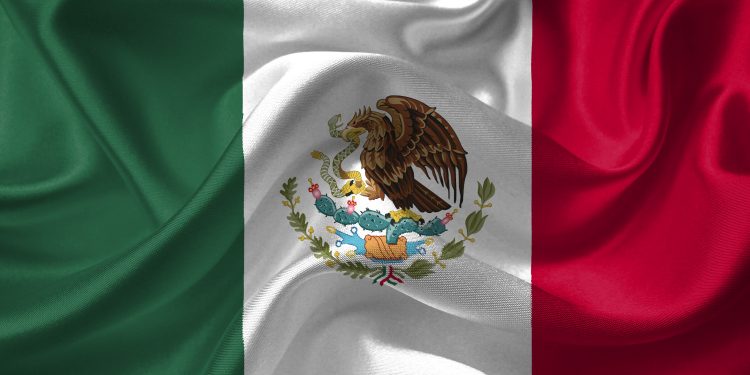Mercator Advisory Group’s view of the LAC market almost a year ago anticipated Mexico’s plan to embrace the sizable unbanked market through its Cobra Digital program (CoDi) was ambitious but perhaps too optimistic. To follow in the footsteps of India and China and modernize payments, the Mexican Reserve Bank planned to issue every citizen a free electronic bank account, which would be the basis for financial inclusion.
The goal was to link the bank account to a national registration card, similar to other modernizing economies, then force transactions through it to increase tax roles. It worked in India and China, but we are skeptical if Mexico has the supporting infrastructure.
Reports by the Mexican Reserve bank have been limited, but today a local paper reveals very limited takeup after almost a year. Contxto reports “the Government’s payment platform, CoDi has yet to take off.
Consider the population statistics. Mexico has 131 million people, with only 10% penetration in credit cards, and ¼ of the population with any form of debit cards. To date, in almost a year:
- Only 3 million people downloaded the app.
- Merely 167,000 users made payments through it.
- Only 140,000 payments were booked through CoDi.
As the article mentions:
“The stark difference between app downloads and its actual usage shows something’s not working.”
Four explanations are offered in the article:
- Media campaigns are insufficient to raise awareness and guide users into using these “new” types of tools
- Users already rely on free transaction services from third party companies (banks and fintechs)
- Mistrust of officials trying to keep fiscal tabs on its citizens
- General skepticism towards tech
CoDi, once a showcase of how Latin America might solve the financial inclusion challenge, looks like it is headed nowhere. We projected the issue six months ago, and while that is an expectation we hoped to be wrong about, it seems like the challenge has now gone full cycle.
Next up in the LAC market in Brazil, which is attempting a similar inclusion product under the name PIX, which will launch in November.
The service will allow transactions to be settled almost immediately. Moreover, DINAMO Networks, the company working with the Central Bank on PIX, recently announced that there’s another benefit for Brazilians.
“The instant payment system will allow the settlement of purchases to be made in 30 days, for example,” says Marco Zanini from DINAMO Networks.
We root for Brazil on this one, with a population of 211 million. There are already two strong domestic payment schemes in that market (Itau- Hypercard) and Elo (Banco de Brasil, Bradesco, and Caixa), so perhaps that will make a difference.
But, for Mexico, CoDi does not look like the solution, despite its noble objective.
Overview by Brian Riley, Director, Credit Advisory Service at Mercator Advisory Group








